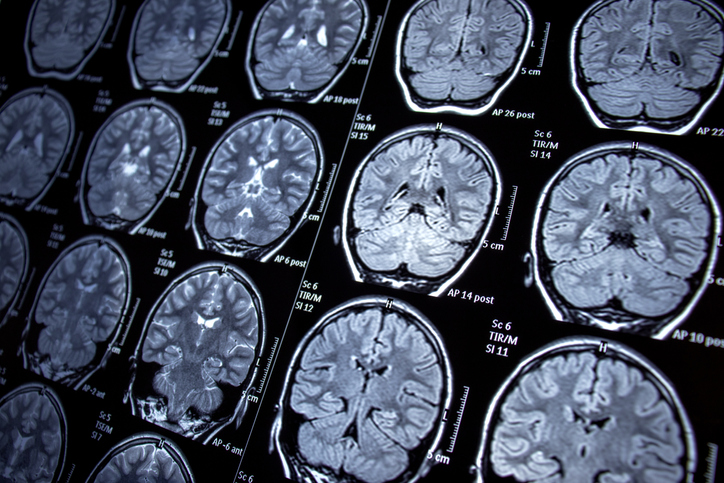Tag: Research
-

Northwestern Investigates COVID-19: Omicron, Vaccines, Pediatric Complications
Northwestern Medicine investigators have continued to examine COVID-19, from the impact of prone positioning during treatment to vaccine protection against the Omicron variant in children.
-

Genetic Variants in Epilepsy Gene Identified
Investigators have discovered a new method to determine whether individual genetic variants in the epilepsy-associated gene SZT2 cause the neurodevelopmental disorder, according to a Northwestern Medicine study.
-

Genome-wide Intricacies of Cancer Inhibitor Untangled
A newly discovered inhibitor of a common cancer-causing protein operates selectively, reducing expression of genes that fuel rampant cell proliferation, and altering the epigenome, according to a recent study.
-

Medical Student Wins SGIM Abstract Award
Medical student Rohan Chalasani recently won the Mack Lipkin, Sr. Award from the Society of General Internal Medicine at the society’s annual meeting.
-

Study Identifies Distinct Roles for Nuclear Lamin Isoforms
A Northwestern Medicine study has uncovered distinct roles of major nuclear lamin isoforms in maintaining intracellular interactions and cellular mechanics.
-

Mixed Results from Prostate Cancer Drug
A new androgen biosynthesis inhibitor drug improved progression-free survival in prostate cancer but did not improve overall survival compared to current therapies.
-

Smart, Dissolving Pacemaker Communicates With Body-Area Sensor and Control Network
A new, smart pacemaker is integrated into a coordinated network of four soft, flexible, wireless, wearable sensors and control units placed around the upper body.
-

Study Shows Cell Membrane-Bound Enzyme is Essential for COVID-19 Infection
The membrane-bound form of the ACE2 protein is the essential receptor for enabling COVID-19 infectivity, according to a Northwestern Medicine study.
-

Feinberg Announces 2022 Mentors of the Year
Feinberg’s Medical Faculty Council recently honored the recipients of the 2022 Mentor of the Year award at a virtual mentoring workshop.
-

Accelerating Cancer Immunology and Immunotherapy Research
The Cancer Immunology and Immunotherapy Initiative at the Robert H. Lurie Comprehensive Cancer Center of Northwestern University is bringing together Feinberg investigators who study immunotherapy to increase collaboration and accelerate high-impact immunotherapy research.






